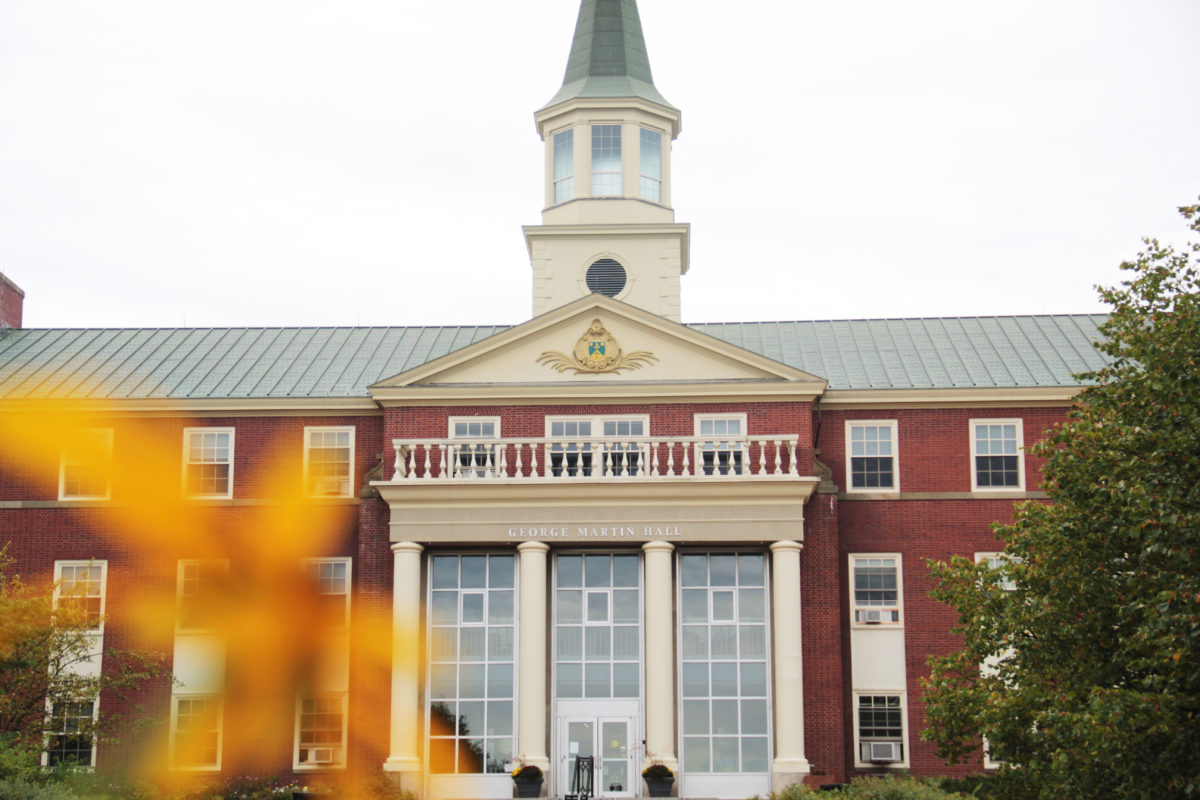During the past decade and a half I have attended more meetings of the St. Thomas University Senate than I care to remember. Therefore, I think I speak with some measure of authority when I say the meetings are often mind-numbingly boring, yet still address issues of great importance to the university community.
The student press at St. Thomas has taken an interest in attending and reporting on the proceedings of Senate. The editor of this newspaper and a photographer recently attended a meeting of Senate to cover a story of consequence for students, namely a discussion of changing timeslots for classes.
The editor reported in the last edition of this newspaper about how she received a less than warm welcome at last month’s Senate meeting and was restricted in how she could report through a “no recording” motion that was introduced and passed unanimously.
I encourage Senate to reconsider this position at its next meeting. Senate meetings are open to members of the university community, and open to the media, there is no question about that. Therefore, the student press should be permitted to record the proceedings. Allowing reporters to record debates at Senate simply makes for more accurate reporting.
As a university that has at the core of its mission the exploration of ideas and freedom of inquiry, it is important that we walk the talk within our own institutions. I understand that having reporters in the room and acting in a truly open and transparent fashion can be uncomfortable. I understand why senators might prefer to do their business out of the public eye and why it might be off putting to be recorded.
However, the request to record Senate meetings for accuracy in reporting is a fair and reasonable request from a group of excellent students and conscientious journalists who are working hard to accurately report issues of importance to the community they serve.
My suggestion is that Senate reverse its no recording policy and then meet with student journalists to find a way for the free press and the Senate to do the work they are both mandated to do.
At a university where we teach journalism, communications and public policy we should be setting an example for openness and transparency for universities across the country, not imposing restrictions on the work of student journalists. At this time in history, when the free press is under assault from many quarters, including those in positions of great power, we should ensure that in our own house, we recognize the important work that journalists play in keeping us informed and assist them in having access to the information they need to do their best work.
Philip Lee
Professor
Journalism and Communications

